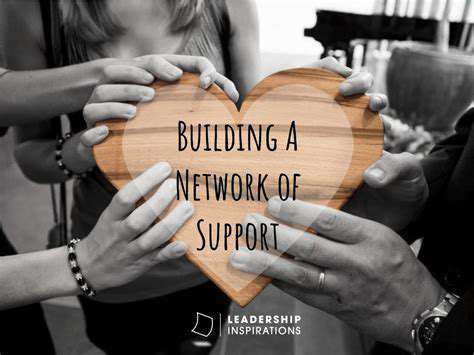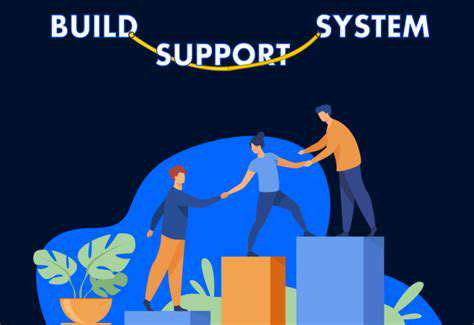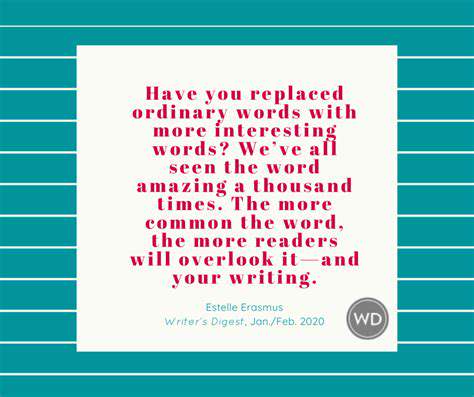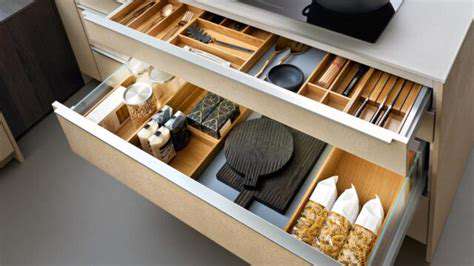Guide to Learning a Musical Instrument Online
Understanding Your Musical Preferences
Before selecting an instrument, immerse yourself in diverse musical genres. Your emotional connection to specific sounds will guide your choice more than technical considerations. Spend evenings exploring everything from blues to electronic music, noting which rhythms make you tap your feet. That visceral reaction matters more than you might think.
Pay attention to what draws you in during live performances. Do your eyes follow the guitarist's fingers or the drummer's sticks? This unconscious attraction often points toward your ideal instrument.
Exploring Different Instrument Families
Visit music stores and touch various instruments - feel the weight of a trumpet in your hands, the texture of violin strings under your fingertips. The right instrument should feel like an extension of your body, not a foreign object. Notice which ones you're reluctant to put down after trying them.
Considering Your Learning Style
Reflect on how you've mastered other skills. Did you learn to cook by following recipes precisely (structured learning) or by experimenting freely (intuitive learning)? Your musical journey should mirror your natural learning tendencies. Forcing yourself into an incompatible learning method creates unnecessary frustration.
Assessing Your Physical Abilities
Your body will dictate certain limitations - small hands might struggle with a double bass, while asthma could make wind instruments challenging. However, don't overestimate these constraints. Many musicians adapt creatively to physical differences, developing unique techniques that become their signature style.
Evaluating Accessibility and Cost
Begin with affordable options - many professionals started on borrowed or rented instruments. Community music programs often provide access to quality equipment at minimal cost. The most expensive instrument won't compensate for lack of practice, while a modest one in dedicated hands can produce beautiful music.
Exploring Online Resources and Communities
Join niche forums for your chosen instrument - the collective wisdom there often surpasses formal instruction. Watch how experienced players position their hands in YouTube tutorials, noticing subtle details most teachers wouldn't verbalize.
Finding a Qualified Teacher
A great teacher does more than correct mistakes - they help you develop your musical identity. Look for someone whose students play with distinctive expression, not just technical perfection. The right mentor will challenge you while preserving your joy in making music.
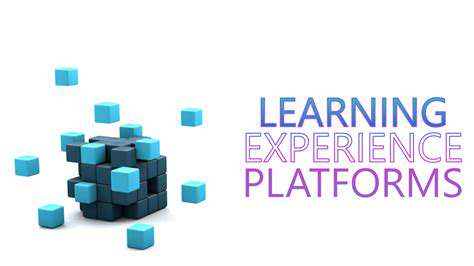
Mastering the Fundamentals: Building a Strong Foundation
Understanding Musical Notation
Think of sheet music as a treasure map rather than rigid instructions. Each symbol tells a story - the staccato dots might represent raindrops, while legato lines could depict flowing rivers. This narrative approach makes dry theory come alive.
Developing Aural Skills
Train your ears during daily activities - identify the rhythm of your footsteps or the melodic contour of birdsong. This constant practice develops your musical intuition more effectively than scheduled ear training sessions alone.
Practicing Regularly and Consistently
Fifteen minutes of focused daily practice yields better results than marathon weekend sessions. Treat practice like meditation - it's about quality of attention, not just duration. The musician who practices mindfully for short periods often surpasses those who grind mindlessly for hours.
Exploring Different Musical Genres
Cross-genre study sparks creativity - classical precision can improve your rock solos, while jazz improvisation might breathe new life into your classical interpretations. The most innovative musicians steal ideas shamelessly from unrelated styles.
Understanding Music Theory
Learn theory through your instrument, not just textbooks. Discover how scales feel under your fingers, how chord progressions create emotional journeys. This tactile understanding sticks better than abstract concepts.
Mastering an Instrument or Voice
Technical mastery serves expression, not the other way around. Always connect your practice to the emotional impact you want to create. The audience remembers how the music made them feel, not how many scales you can play.
Effective Practice Strategies: Maximizing Your Learning
Understanding Your Learning Style
Your brain has unique pathways for absorbing musical information. Some players memorize pieces by visualizing the sheet music, others by muscle memory, and some through auditory recall. Discovering your dominant pathway can triple your learning efficiency.
Creating a Dedicated Practice Space
Your practice environment should trigger immediate focus. Keep your instrument on a stand (not in its case), with all necessary materials within arm's reach. This reduces friction between the thought to practice and actually playing.
Establishing a Realistic Practice Schedule
Align practice times with your natural energy cycles. Morning people should tackle challenging techniques early, while night owls might find their creative peak during evening improvisation sessions.
Utilizing Effective Practice Techniques
Practice mistakes intentionally to understand their causes. Play a difficult passage wrong three different ways before playing it correctly - this deepens your understanding of what right actually means.
Incorporating Active Listening and Ear Training
Analyze recordings like a detective - why did the pianist pause there? How does the violinist's vibrato change with the mood? This active engagement transforms passive listening into powerful learning.
Utilizing Technology for Learning
Use apps sparingly - they're seasoning, not the main course. The best tech tools are those that get out of the way of actual music making. A simple recorder app for reviewing your playing often proves more valuable than flashy educational software.
Seeking Feedback and Guidance
Record yourself regularly - the microphone doesn't lie. What you think you're playing often differs dramatically from what actually emerges from your instrument. This brutal honesty accelerates improvement like nothing else.
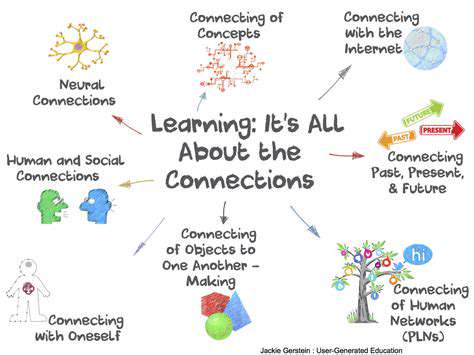

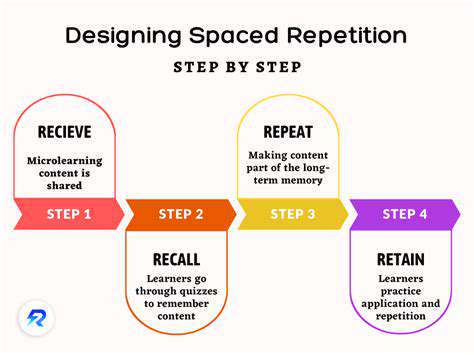
![Guide to Learning [Specific Software, e.g., Excel]](/static/images/31/2025-04/CreatingandFormattingCharts3AVisualizingYourData.jpg)
